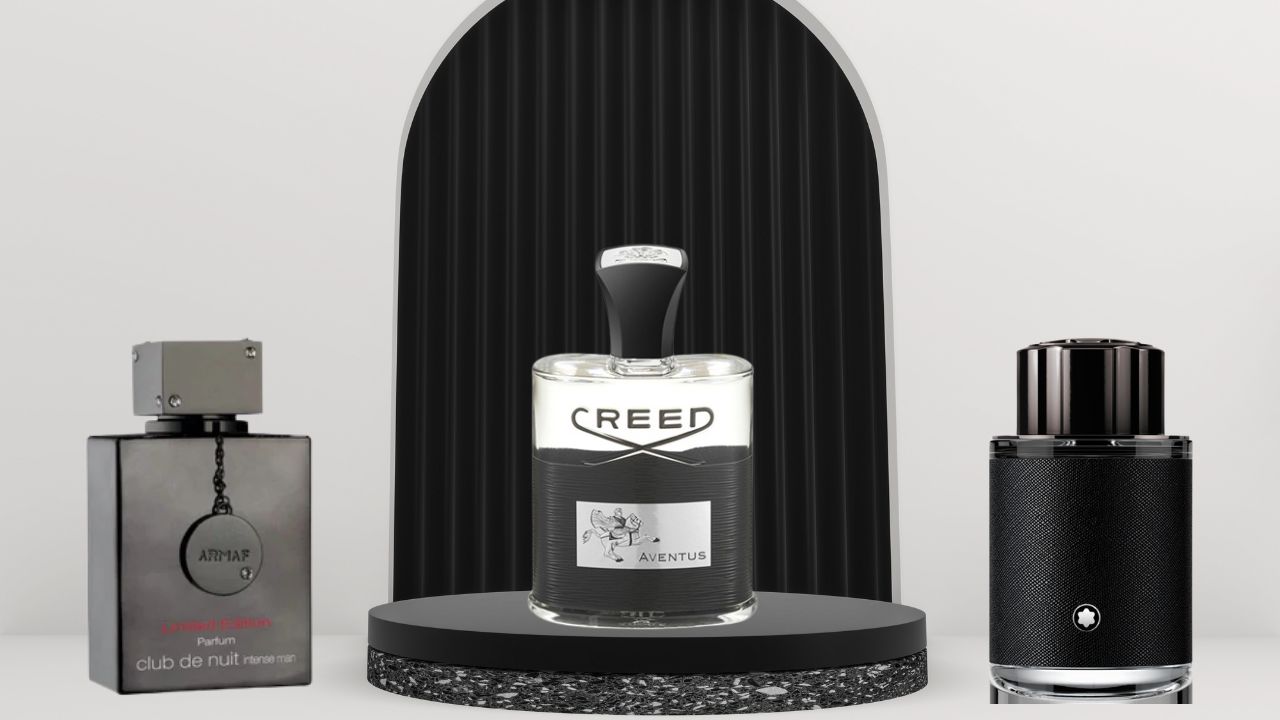How Perfumes Can Change Your Mood: The Science Behind Scent and Emotions
Posted by
Aliesha Johnson
Home / Origins & History of Perfume / How Perfumes Can Change Your Mood: The Science Behind Scent and Emotions
Categories
Recent Posts
- Valentine’s Day Makeup Ideas: Get Ready for Your Dream Date Night
- Best YSL Perfumes for Women in 2026: Icons & Niche Alternatives
- How to Buy Authentic Niche Perfume at the Best Price
- How to Buy Authentic Niche Perfume: A Complete Guide
- The Science and Seduction of Pheromone Perfume: What You Need to Know
Have you ever noticed how a single whiff of perfume can instantly transport you back in time or shift your emotional state? Perhaps the scent of vanilla reminds you of baking with your grandmother, or a hint of citrus gives you an unexpected burst of energy on a sluggish afternoon. This isn’t just nostalgia or coincidence—it’s neuroscience at work.
After years of researching fragrance psychology and exploring how different scents affect our daily lives, I’ve witnessed firsthand how the right perfume can transform a stressful morning into a calm, focused day. The connection between scent and mood is one of the most powerful yet underutilized tools we have for emotional wellness.
In this comprehensive guide, you’ll discover the fascinating science behind how perfumes affect your mood, which fragrances work best for specific emotional needs, and practical ways to harness the power of scent in your daily life.
The Neuroscience of Smell: How Your Brain Processes Fragrance
Understanding how perfumes change your mood begins with understanding the unique relationship between your nose and your brain. Unlike other senses that must pass through a processing center called the thalamus, smell has a direct highway to your brain’s emotional control center.
The Olfactory System’s Direct Connection to Emotions
When you inhale a fragrance, scent molecules travel through your nose to the olfactory bulb, which sends signals directly to the limbic system—specifically the amygdala and hippocampus, regions responsible for emotions and memories. This direct neural pathway explains why certain scents can trigger emotional responses before you’re even consciously aware of them.
According to Harvard neuroscientist Venkatesh Murthy, smell and emotion are stored as one memory, which is why fragrances have such powerful effects on our psychological state. This unique brain architecture means that perfumes don’t just smell pleasant—they actively influence your emotional state and cognitive function.
How Scents Trigger Neurotransmitter Release
Aromatherapy has been shown to impact neurotransmitter release in the brain, with certain scents linked to increased serotonin levels that promote calm and relaxation. When you smell lavender, for example, your brain releases chemicals that actively reduce stress and anxiety. Similarly, citrus scents can trigger dopamine production, enhancing motivation and positive feelings.
Quick Answer: The limbic system—your brain’s emotional center—processes scents instantly without conscious thought. This is why perfumes can change your mood within seconds of application, triggering everything from stress reduction to increased focus.
How Different Perfumes Affect Your Mood
Not all perfumes are created equal when it comes to mood enhancement. Different fragrance families and specific scent notes have distinct psychological and physiological effects. Here’s a comprehensive breakdown of how various perfumes influence your emotional state.
Calming Scents: Perfumes for Anxiety and Stress Relief
Lavender
Lavender stands as one of the most researched fragrances in mood science. A meta-analysis of multiple studies found that lavender inhalation can significantly reduce anxiety levels, with participants showing an average reduction of 0.73 on standardized anxiety scales.
Research from Kagoshima University revealed that linalool, a compound found in lavender essential oil, activates GABA receptors in the brain through the olfactory system, producing calming effects without impairing movement like traditional anti-anxiety medications.

What makes lavender effective:
- Lowers cortisol (stress hormone) levels
- Increases alpha brain wave activity associated with relaxation
- Reduces blood pressure and heart rate
- Promotes parasympathetic nervous system activation
Vanilla
Vanilla’s sweet, comforting aroma has been shown to reduce stress responses and create feelings of warmth and security. The scent activates pleasure centers in the brain and is often associated with positive childhood memories of baking and comfort.
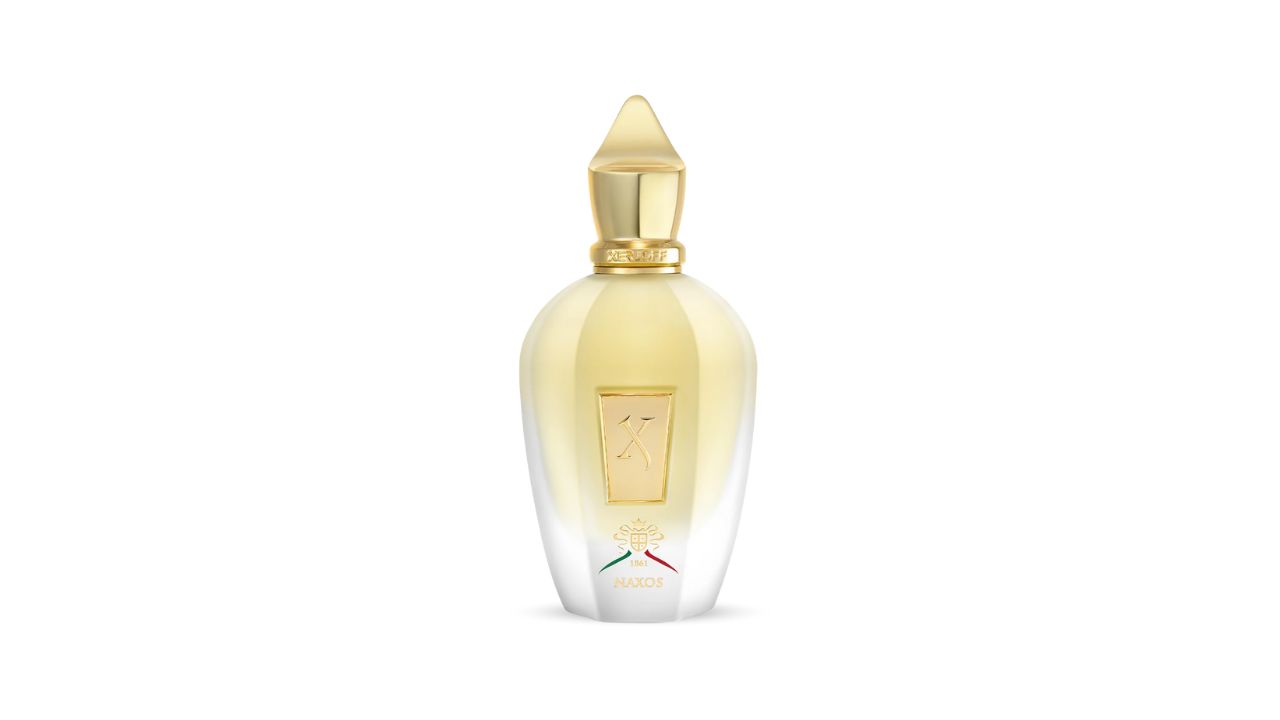
Chamomile
Known for its gentle, apple-like fragrance, chamomile promotes relaxation and can improve sleep quality. It’s particularly effective when used in evening routines to signal your body that it’s time to wind down.
Sandalwood
This woody, earthy scent has grounding properties that help reduce mental chatter and promote emotional balance. Sandalwood is often used in meditation practices for its ability to calm an overactive mind.
Energizing Scents: Perfumes for Motivation and Alertness
Citrus
Studies have shown that when lemon was introduced in the workplace, there was a significant increase in productivity, with reduced workplace errors and increased typing speed. In one Japanese study at Takasago, office workers made 54% fewer typing errors when working in a lemon-scented environment.
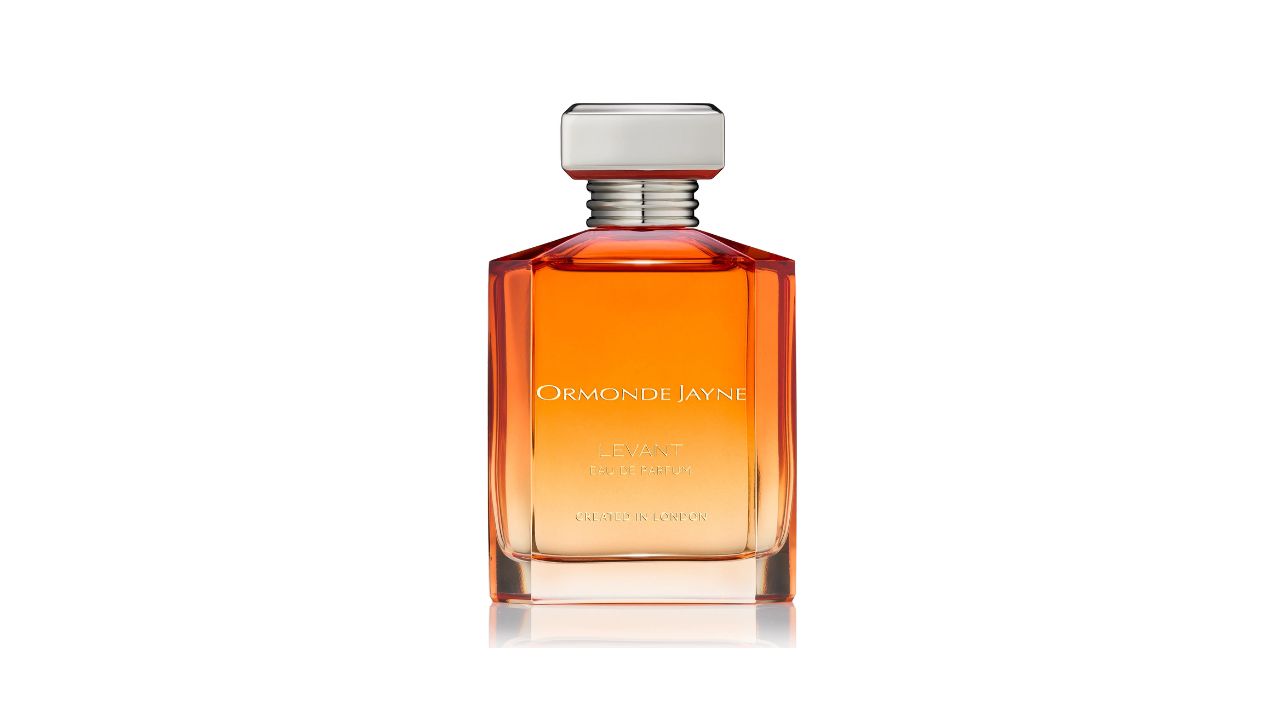
Citrus fragrances work by:
- Increasing alertness and mental clarity
- Reducing mental fatigue
- Elevating mood through bright, uplifting notes
- Enhancing cognitive performance and concentration
Peppermint
Research published in the International Journal of Neuroscience found that peppermint can increase alertness and improve task performance, with some studies showing concentration improvements of up to 28%. The cooling, invigorating scent stimulates the trigeminal nerve, creating a sensation of freshness and wakefulness.
Rosemary
Studies have demonstrated that rosemary enhances working memory and processing speed by affecting brain wave patterns associated with focused attention. This herbaceous scent is ideal for complex tasks requiring sustained concentration.
Eucalyptus
With its sharp, clean aroma, eucalyptus clears mental fog and promotes respiratory function, which can indirectly improve energy levels and focus.
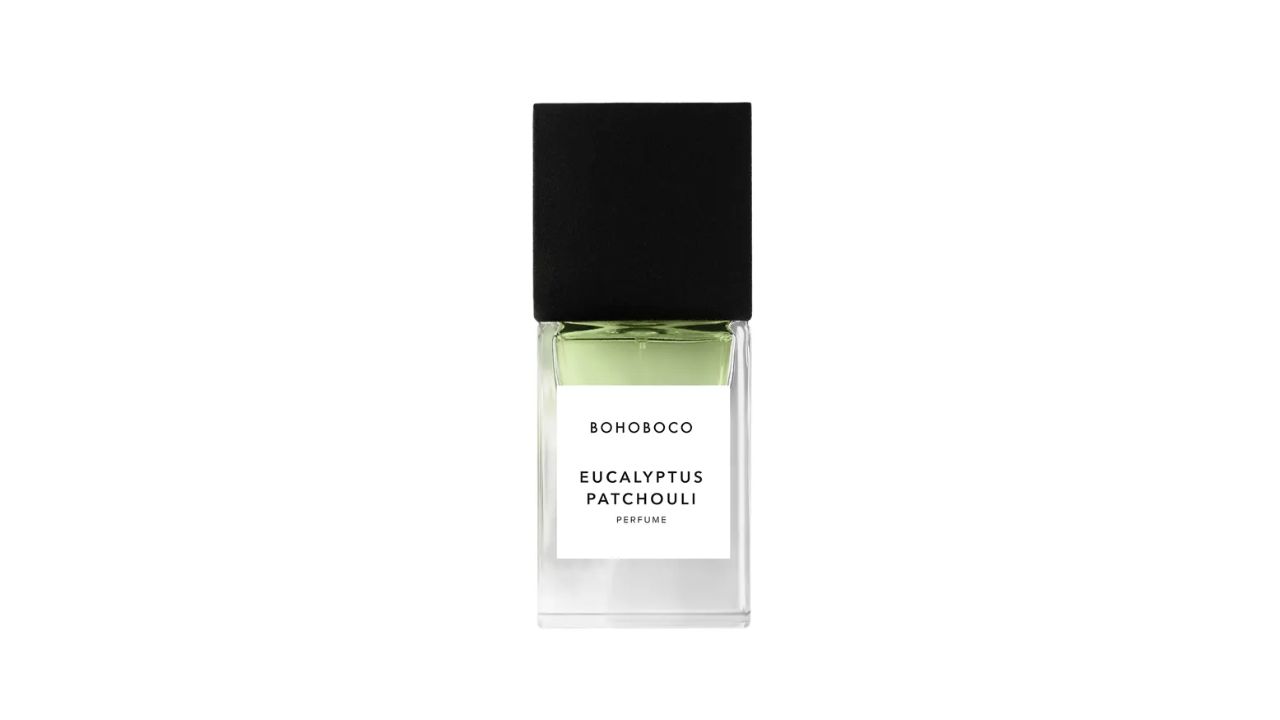
Uplifting Scents: Perfumes for Happiness and Positivity
Jasmine
Jasmine’s sweet, exotic fragrance has been used for centuries to elevate mood and reduce depression symptoms. The scent activates the brain’s pleasure centers and can help combat feelings of sadness or emotional flatness.
Rose
Beyond its romantic associations, rose perfume has genuine mood-enhancing properties. It reduces anxiety while promoting feelings of contentment and emotional warmth. Rose is particularly effective for combating irritability and promoting emotional resilience.
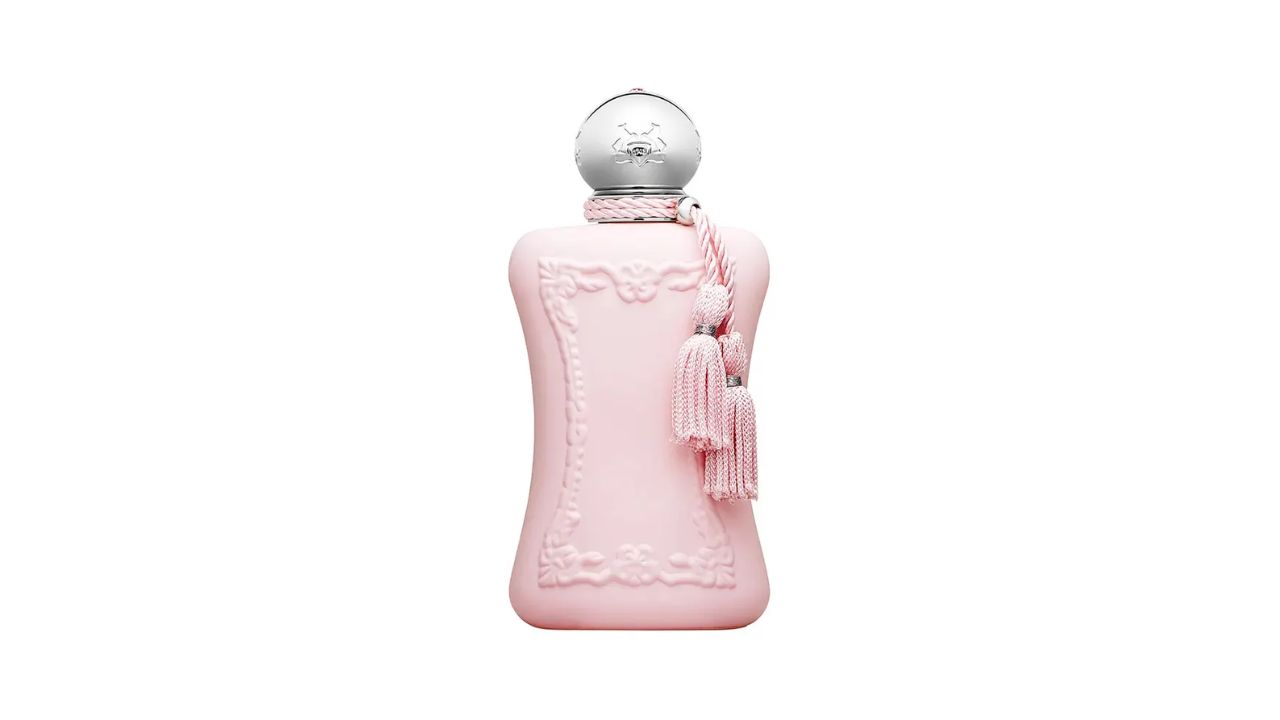
Bergamot
This citrus fruit with floral undertones combines the energizing effects of citrus with stress-reducing properties. Bergamot is unique in its ability to simultaneously uplift mood while calming nervous tension—making it ideal for anxious yet low-energy states.
Ylang-Ylang
With its rich, floral-sweet aroma, ylang-ylang reduces blood pressure and heart rate while promoting feelings of joy and relaxation. It’s often used to combat anger and frustration.
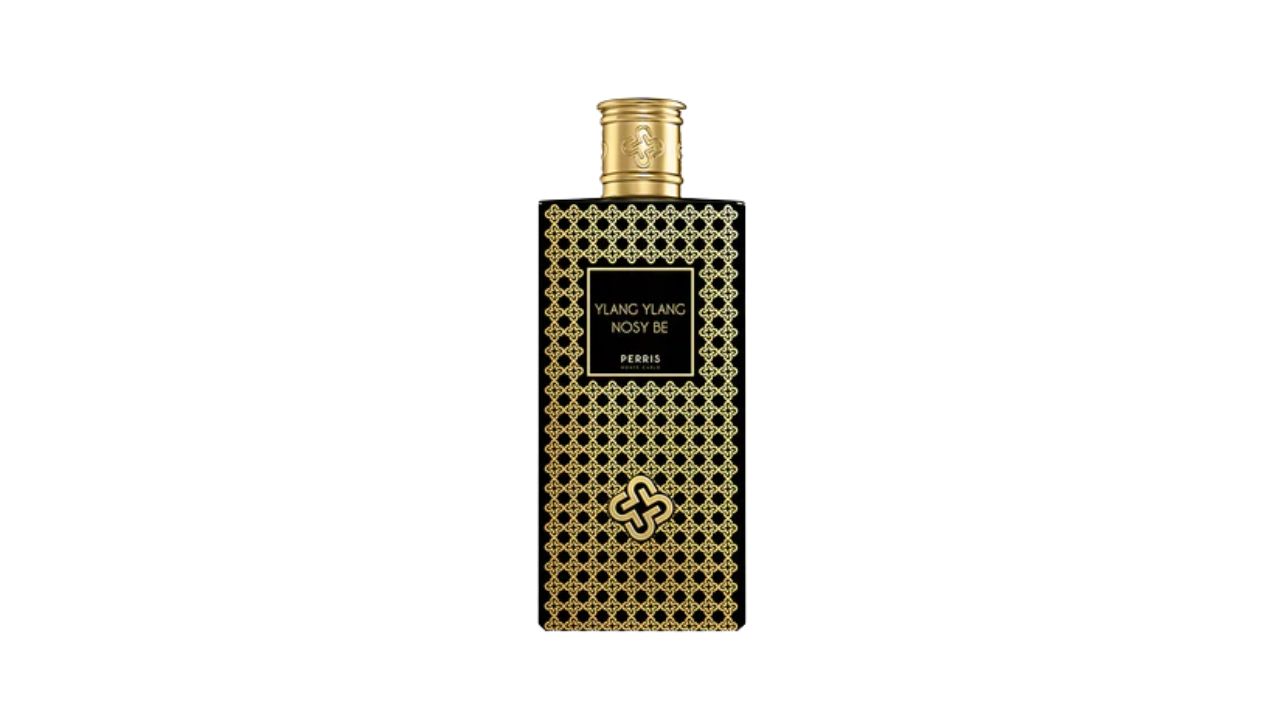
Grounding Scents: Perfumes for Focus and Stability
Cedarwood
This woody, slightly smoky scent promotes mental clarity by reducing mental clutter. Cedarwood is excellent for those who feel scattered or overwhelmed by multiple tasks.
Vetiver
A 2016 study found that inhaling vetiver essential oil increased alertness and brain function by increasing oxygenation to brain cells. This earthy, grass-like scent helps maintain steady focus without overstimulation.
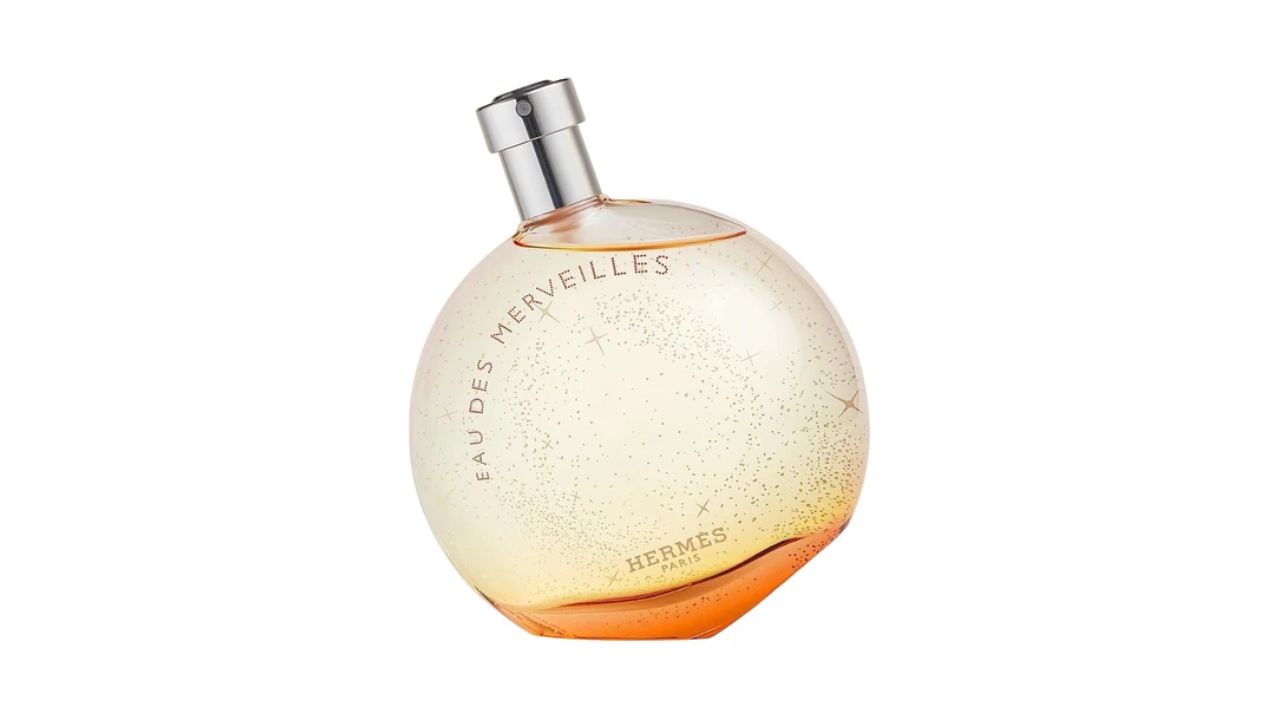
Frankincense
Used in spiritual practices for millennia, frankincense deepens breathing and promotes mindful awareness. It’s particularly effective for reducing anxiety-driven racing thoughts.
Patchouli
This earthy, musky scent has grounding properties that help stabilize mood swings and reduce nervous energy.

The Science-Backed Benefits: What Research Tells Us
The connection between perfume and mood isn’t just anecdotal—it’s supported by rigorous scientific research. Here’s what studies reveal about fragrance’s measurable effects on our psychology and physiology.
Anxiety Reduction
In a clinical study on postpartum women, inhaling lavender essential oil for just four weeks resulted in significantly lower stress, anxiety, and depression scores at two weeks, one month, and three months compared to control groups. The longevity of these effects suggests that regular scent exposure can create lasting changes in stress response patterns.
Research on dental anxiety found that 89.68% of patients who inhaled lavender oil before wisdom tooth removal were satisfied with their experience, and 97.62% said they would prefer the same protocol in future procedures.
Enhanced Cognitive Performance and Memory
A 2022 study found that smelling different odors regularly—researchers recommended seven different scents weekly—was linked to significant improvements in memory in older adults. The study revealed that this olfactory enrichment method strengthened neural pathways associated with cognition.
The mechanism is fascinating: when you regularly expose yourself to varied scents, you’re essentially giving your olfactory system and connected brain regions a workout, strengthening the connections between smell, memory, and emotional processing.
Stress Hormone Reduction
In a study where healthy subjects inhaled lavender and rosemary aromas for just five minutes, both scents significantly decreased measured cortisol levels in participants. Cortisol is your body’s primary stress hormone, and chronically elevated levels are associated with numerous health problems including anxiety, depression, digestive issues, and weakened immunity.
Workplace Productivity Improvements
Multiple workplace studies have documented the practical benefits of ambient scenting:
- 54% reduction in typing errors with lemon scent
- Increased alertness and task completion rates with peppermint
- Reduced absenteeism in scented work environments
- Improved employee mood and interpersonal interactions
Sleep Quality Enhancement
Lavender, chamomile, and cedarwood have been extensively studied for their sleep-promoting properties. These scents work by:
- Reducing the time it takes to fall asleep
- Increasing time spent in deep sleep stages
- Reducing nighttime awakenings
- Improving overall sleep quality ratings
Practical Ways to Use Perfume for Mood Enhancement
Understanding the science is one thing—applying it to your daily life is where the real transformation happens. Here are practical, evidence-based strategies for using perfume to regulate your mood throughout the day.
Morning Routine: Energizing Start
Goal: Wake up your brain, boost motivation, set a positive tone
Recommended scents:
- Citrus blends (lemon, grapefruit, bergamot) for mental clarity
- Peppermint for alertness and focus
- Rosemary for memory and cognitive function
Application tips: Apply these energizing scents to pulse points (wrists, neck) right after your morning shower. The warmth of your skin will help diffuse the fragrance gradually throughout the morning. If you prefer lighter application, spritz on clothing or hair.

Work and Focus Sessions: Productivity Boost
Goal: Maintain concentration, reduce distractions, enhance performance
Recommended scents:
- Lemon or lime for error reduction and mental clarity
- Rosemary for complex problem-solving tasks
- Vetiver for sustained attention without overstimulation
- Pine or eucalyptus for creative thinking
Application tips: Keep a rollerball or small spray bottle of your chosen scent at your desk. Apply to wrists or inhale directly when you notice your focus waning. For home offices, use a diffuser with 3-5 drops of essential oil.
Midday Slump: Energy Revival
Goal: Combat afternoon fatigue, restore alertness
Recommended scents:
- Peppermint for immediate invigoration
- Cinnamon to fight mental fatigue
- Orange or grapefruit for a mood and energy lift
Application tips: Rather than reaching for another cup of coffee, take 30 seconds to inhale a refreshing scent. Apply to a tissue or cotton ball and breathe deeply for 5-10 breaths. This provides a quick reset without caffeine jitters.
Stress Management: Calm in the Storm
Goal: Reduce anxiety, lower stress response, promote emotional balance
Recommended scents:
- Lavender for immediate anxiety relief
- Bergamot for anxious tension
- Rose or ylang-ylang for emotional overwhelm
- Frankincense for grounding and perspective
Application tips: Carry a small vial of your calming scent for stressful moments. Before important meetings or challenging situations, apply to pulse points and take three deep, intentional breaths. This creates a ritual that signals your nervous system to calm down.
Evening Wind-Down: Relaxation Ritual
Goal: Signal bedtime, reduce mental activity, prepare for quality sleep
Recommended scents:
- Lavender for sleep induction
- Chamomile for gentle relaxation
- Cedarwood for mental quieting
- Sandalwood for spiritual calm
Application tips: Create a consistent evening scent ritual. Apply your chosen calming fragrance 30-60 minutes before bed. You might also spray linen spray on pillows or use a bedside diffuser. The consistency helps train your brain to associate the scent with sleep time.
Social Situations: Confidence and Ease
Goal: Reduce social anxiety, boost confidence, promote connection
Recommended scents:
- Jasmine for confidence and positivity
- Rose for warmth and openness
- Bergamot for balanced social energy
- Vanilla for approachability
Application tips: Choose a scent that makes you feel good about yourself. The confidence boost isn’t just psychological—when you smell good, you naturally carry yourself differently, which others unconsciously respond to.
Choosing the Right Perfume for Your Mood Goals
With hundreds of perfumes on the market, finding the right one for your mood needs can feel overwhelming. Here’s a strategic approach to building your fragrance wardrobe based on psychological benefits.
Assessing Your Mood Needs
Start by identifying your most common mood challenges:
If you struggle with:
- Anxiety or stress → Prioritize calming scents (lavender, chamomile, sandalwood)
- Low energy or motivation → Focus on energizing scents (citrus, peppermint, rosemary)
- Sadness or low mood → Choose uplifting scents (jasmine, rose, bergamot)
- Poor concentration → Select focusing scents (lemon, vetiver, pine)
- Sleep difficulties → Invest in relaxing evening scents (lavender, cedarwood, chamomile)
Testing Fragrances Properly
How a perfume affects your mood is personal—what calms one person might energize another based on individual associations and brain chemistry. Here’s how to test effectively:
- Test on skin, not paper: Perfume interacts with your body chemistry, creating a unique scent experience
- Wait 30 minutes: Allow time for top notes to dissipate and heart notes to emerge
- Notice your physical response: Does your breathing deepen? Do your shoulders relax? Do you feel more alert?
- Check throughout the day: Notice how your mood shifts as the fragrance evolves
- Test during relevant activities: Wear an energizing scent during work, a calming scent during stressful periods
Building a Mood-Based Fragrance Wardrobe
Rather than wearing the same perfume daily, consider building a small collection based on different mood needs:
The Essential Four:
- Morning/Energy scent: Citrus or mint-based for daily start
- Focus scent: Herbal or woody for work/study
- Stress-relief scent: Floral or herbaceous for tense moments
- Evening scent: Soft florals or woods for relaxation
This approach allows you to match your fragrance to your emotional needs rather than wearing perfume out of habit.
Understanding Fragrance Families and Mood Effects
- Floral: Tend to be uplifting, romantic, and emotionally warming (rose, jasmine, lavender)
- Citrus: Generally energizing, clarifying, and mood-boosting (lemon, orange, bergamot)
- Woody: Often grounding, stabilizing, and confidence-building (sandalwood, cedarwood, vetiver)
- Herbal: Typically focusing, clarifying, and mentally stimulating (rosemary, basil, sage)
- Spicy: Usually warming, stimulating, and comforting (cinnamon, clove, ginger)
- Fresh/Aquatic: Tend to be refreshing, clean, and mentally clearing (marine notes, cucumber, mint)
Combining Scents for Complex Mood Needs
Sometimes you need multiple mood benefits at once—perhaps you’re stressed but also need to focus. Consider layering complementary scents:
- Stressed + Tired: Lavender + citrus (calming + energizing)
- Anxious + Unfocused: Bergamot + rosemary (calming + focusing)
- Low mood + Low energy: Jasmine + peppermint (uplifting + energizing)
- Overwhelmed + Scattered: Sandalwood + vetiver (grounding + focusing)
When layering, apply the base scent (usually the calming or grounding one) first, followed by the more stimulating note.
Begin Your Mood-Enhancing Fragrance Journey Today
Understanding how perfumes can change your mood transforms fragrance from a simple luxury into a powerful wellness tool. With the scientific insights, practical strategies, and expert knowledge in this guide, you’re now equipped to harness the remarkable power of scent to enhance your daily emotional experience and overall quality of life.
Your perfect scent journey deserves more than random purchases driven by attractive bottles or celebrity endorsements. By combining thoughtful fragrance selection with the neuroscience of scent, you’ll build a collection that truly serves your emotional needs, supports your mental wellness, and brings genuine benefits to your daily routine—all while experiencing the joy and confidence that comes from wearing fragrances strategically chosen for you.
Experience the transformation that comes from understanding the profound connection between scent and emotion, and discover how intentional fragrance use can become your secret weapon for mood management, stress relief, and enhanced wellbeing.
Discover Beautinow’s curated collection of mood-enhancing fragrances – your trusted destination for authenticated luxury perfumes with scientifically-proven emotional benefits, offering expert guidance to help you choose the perfect scent for your unique mood needs and wellness goals.
Why Choose Beautinow for Your Mood-Enhancing Fragrance Collection:
- Guaranteed Authentic Luxury Fragrances: Every perfume in our collection is sourced directly from authorized distributors, ensuring you receive genuine luxury fragrances with their full mood-enhancing benefits and therapeutic properties intact, without any risk of diluted or counterfeit products
- Scientifically-Curated Mood Collections: Our fragrance specialists have organized perfumes by their proven psychological effects—calming, energizing, focusing, uplifting, and grounding—making it easy to find exactly what your emotional wellness needs, backed by the same neuroscience research cited in this guide
- Expert Fragrance Consultations: Our certified aromatherapy advisors and fragrance specialists are available for personalized consultations to help you build your mood-based fragrance wardrobe, recommend scent combinations for complex needs, and guide you in using perfumes strategically for maximum emotional benefit
- Educational Resources and Support: Access our comprehensive library of fragrance psychology guides, mood-matching tools, and application techniques to deepen your understanding of how scent affects your brain and emotions, empowering you to make informed choices for your well-being
- Risk-Free Discovery Experience: Our flexible return policy and complimentary sample program let you explore new mood-enhancing fragrances with confidence, ensuring every purchase truly serves your emotional needs and resonates with your unique brain chemistry
- Wellness-First Approach: Unlike conventional perfume retailers, we prioritize the therapeutic and psychological benefits of fragrance, helping you view perfume as a valuable tool for emotional wellness, stress management, and daily mood optimization
Invest in your emotional wellbeing with scientifically-backed fragrances that do more than smell beautiful—they actively support your mental health, enhance your daily performance, and transform your relationship with scent. Your journey to mood mastery through fragrance begins with understanding the science, and Beautinow ensures every purchase is a meaningful step toward better emotional balance and enhanced quality of life.
Start building your mood-enhancing fragrance wardrobe today and experience the profound difference that scientifically-informed scent selection can make in your daily emotional experience.
Frequently Asked Questions
Q: Can perfume affect your mood?
A: Yes, perfume can significantly affect your mood. When you inhale fragrance molecules, they travel directly to your limbic system—your brain’s emotional control center—triggering immediate emotional responses. Studies show lavender perfumes can reduce anxiety by 73%, while citrus scents increase productivity by 54%. This happens because scents activate neurotransmitter release: lavender boosts calming GABA receptors, citrus triggers energizing dopamine, and peppermint enhances alertness. According to Harvard neuroscientist Venkatesh Murthy, smell and emotion are stored as one memory in the brain, which is why perfumes can instantly shift your psychological state. The mood-altering effects are measurable, scientifically proven, and work within seconds of application.
Q: How does smell affect your mood?
A: Smell affects your mood through a direct neural pathway to your brain’s emotional center. Unlike other senses, scent molecules bypass the thalamus and connect directly to the amygdala and hippocampus—regions controlling emotions and memories. This unique connection means fragrances trigger emotional responses before conscious thought. When you smell lavender, your brain releases calming neurotransmitters; citrus scents boost mood-enhancing dopamine; peppermint activates alertness pathways. Research from Kagoshima University confirms that linalool in lavender activates GABA receptors for anxiety relief. This explains why certain smells instantly evoke memories or change how you feel—your olfactory system is hardwired directly into your emotional processing center.
Q: How does perfume make you feel?
A: Perfume makes you feel different emotions depending on its fragrance notes. Lavender creates calm and relaxation by lowering cortisol (stress hormone) levels. Citrus perfumes like lemon and orange generate energy and alertness through dopamine activation. Floral scents such as jasmine and rose promote happiness and confidence. Woody fragrances like sandalwood provide grounding and mental clarity. Your response is shaped by both universal brain chemistry and personal scent memories from childhood. Most people experience reduced stress, enhanced focus, boosted energy, or emotional uplift depending on which fragrance family they choose. The right perfume becomes a powerful tool for mood management throughout your day.
Related posts
Comments











